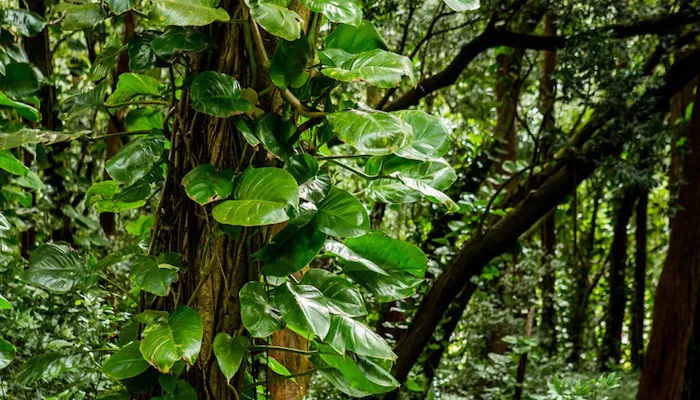Extreme Heat Takes Toll on Local Plants in Nevada.
As record-high temperatures sweep across Nevada this summer, many residents find their plants struggling to survive. Reports of brown, shriveled plants have become common, even among those native to the desert environment.
Wendy Wilson, General Manager of Garden Farms of Nevada, shared her concerns with Channel 13. “We’ve lost a lot of trees to this, including some that are 15 years old,” she said.
At the Community Garden in North Las Vegas, the impact of the relentless heat is evident. Wilson explained that it’s not just the extreme temperatures exceeding 110 degrees that harm the plants; it’s the continuous nature of this year’s heat waves.
“The length of time makes a difference. Normally, plants can recover after one hot day if they get a break. But with day after day of record-breaking temperatures, it is hard on them,” Wilson noted.
Many gardeners instinctively increase watering when they notice their plants drying out, but Wilson warned that this may not be the best solution. “A lot of plants are dying from over-watering,” she said.
To protect gardens from the heat, experts recommend the following tips:
1. Water less frequently but give your plants larger amounts of water to encourage deeper root growth.
2. Improve soil health by providing essential nutrients.
3. Create partial shade by planting taller trees alongside shorter plants to help form a micro-climate.
4. Prune dead leaves and branches to promote healthier growth.
Matthew Fichera, General Manager of Moon Valley Nurseries, echoed Wilson’s concerns. He stated that they have received numerous calls from customers about struggling plants all summer.
“When customers call in about their trees, we usually invite them to visit the nursery,” Fichera explained. He noted that various factors could impact plant health on any given day.
“Fertilizing when it’s too hot can burn the plants, so it might not just be a water issue,” he added. In extreme heat, plants can go into shock, halting their growth.
“One effective way to support your plants is to use soil conditioner and feed them. It helps them cope with our hard water and encourages long, deep watering sessions,” Fichera advised.


